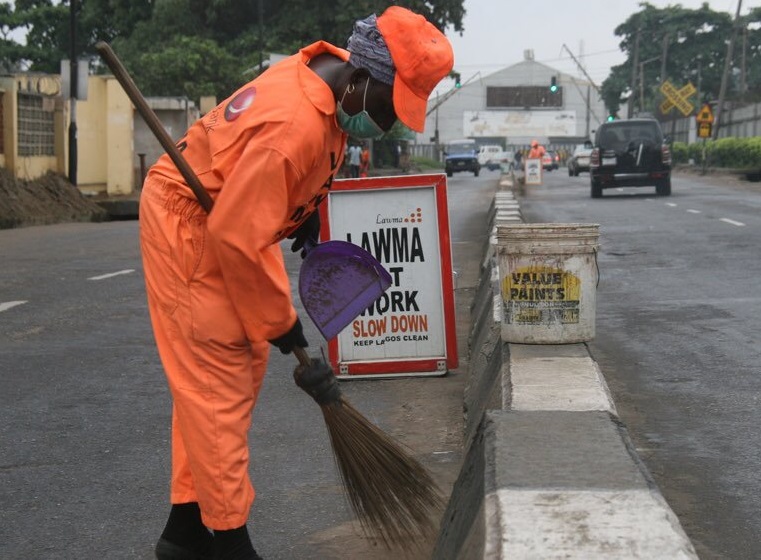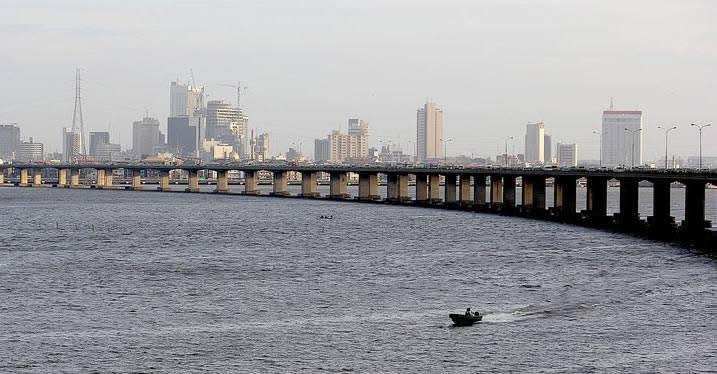This tracker is part of Ikeja Record’s #CleanUpLagos campaign.
We define a “dirty hotspot” as a location where waste is illegally dumped, poorly managed, or accumulates excessively, creating environmental, health, and aesthetic problems.
Our reporters physically verify each location added to the table. If you know of any hotspot, please fill this form or send us an email via info [at] ikejarecord [dotcom].
| Location | Local Goverment | Current state | Govt response | ||
|---|---|---|---|---|---|
| Olusosun landfill | Kosofe | As of April 2025 | To be shut down in 2026 | ||
| Solous 3 | Alimosho | As of February 2025 | To be shut down in 2026 | ||
| McGregor Channel | Eti-Osa | As of March 2025 | Cleaned up in March 2025 | ||
| Sanya-Aguda canal | Surulere | As of April 2025 | Unknown |
At Ikeja Record, we believe Lagos does not stink. Lagos is dirty.
Lagos stinks suggests Lagos can never become clean. You cannot see a stink. You cannot touch it. Yes, you can smell it but who is a judge of how a place should smell? No city in the world smells like perfume. Lagos stinks offers no real solution.
We say Lagos is dirty. This suggests something tangible. Something we can all do something about. Dirt is a proper noun. Dirt is the plastic that clogs our waterways. Dirt is the bags of refuse on the street that Lawma has failed to pick up. Dirt is the pure water satchet you threw out of your car. Dirt is real, a thing you can see and touch. Dirt is an objective reality. Dirt is something we can fix.
What does this mean in practice? When we critique sanitation in Lagos, we provide concrete examples, not blanket statements.
For example, in March 2025, we published a video about the poor state of the McGregor channel in Obalende. Within a few days, the state government had moved in to clear the channel.
Language matters. How we describe our problems matter. Lagos does not stink. It is dirty. And we can fix it.


